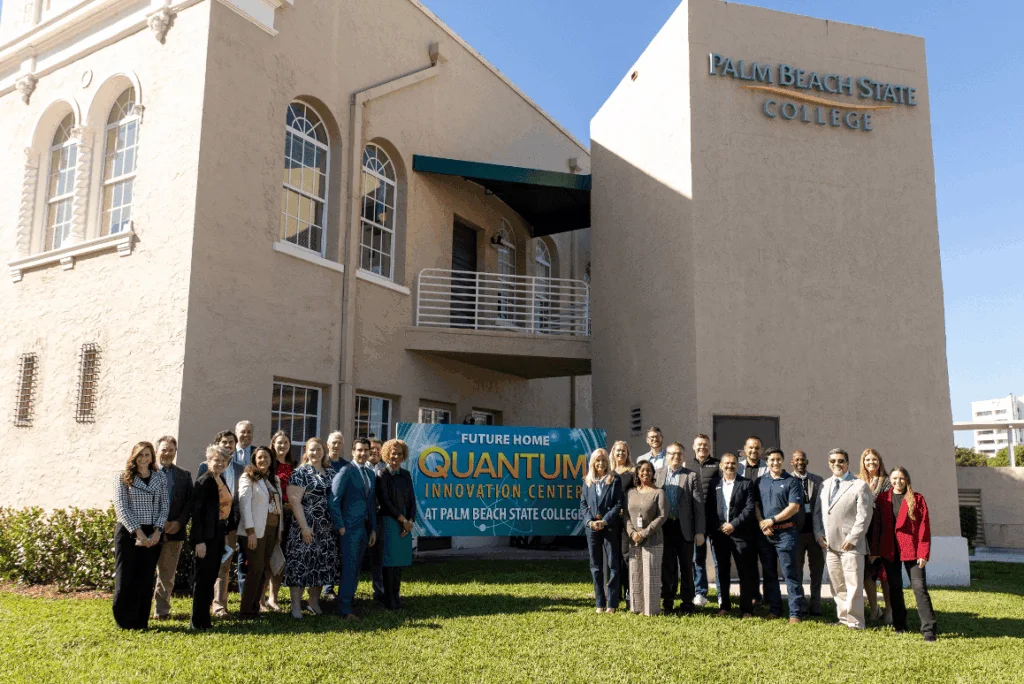Researchers North Carolina State University and the Massachusetts Institute of Technology have developed an algorithmic framework that enhances the design of ultra-sensitive quantum sensors by coupling a qubit with a bosonic oscillator.
Qubits, the quantum equivalent of classical bits, can exist in a superposition of two states, while bosonic oscillators are infinite-dimensional systems analogous to classical oscillators. By manipulating the interaction between the qubit and the oscillator, the sensor can be finely tuned to detect specific signals.
“Quantum sensing shows promise for more powerful sensing capability that can approach the fundamental limit set by the law of quantum mechanics, but the challenge lies in being able to direct these sensors to find the signals we want,” stated Yuan Liu, assistant professor of electrical and computer engineering and computer science at NC State and the corresponding author of the study. Liu previously served as a postdoctoral researcher at MIT.
The results are encoded into the qubit state and then measured through interferometry. This framework offers a versatile approach for designing various quantum sensing protocols. The work, co-authored by MIT graduate students Jasmine Sinanan-Singh and Gabriel Mintzer, along with Professor Isaac L. Chuang, was published in the journal Quantum.
















